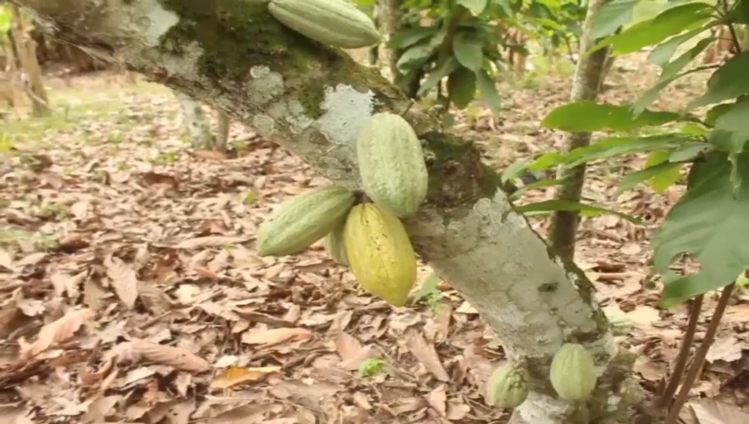Illegal gold mining, bad farming practices and lack of fertilisers for cocoa farmers in West Africa, risk undercutting next year’s cocoa yields in Ghana and to some extent Cote D’Ivoire, Singapore-based Redd Intelligence has warned.
In its analysis of Ghana’s cocoa sector, it said the war in Ukraine has limited Russian exports of fertilisers worldwide, including potash.
“No one can afford fertiliser as it costs at least twice what it did last year. “There will be a lower crop next year which will weigh on the minds of [all lenders] putting money into the market.”
“While rainfalls have helped the 2021-2022 cocoa crop season in both Ghana and Cote D’Ivoire, the next season does not look so promising as “the big things we have always been worried about are starting to rise up,” said George.
These challenges include the destruction of land, bad farming practices, illegal gold mining and climate change.
Redd Intelligence emphasised that Ghana used to give out free or heavily subsidised fertilisers to license-buying companies, but this has reduced over the years due to increased fraud and costs.
“As such, cocoa farmers in Ghana are demanding a 30% increase in price for the 2022-2023 season”, it added.
Another issue on the horizon, particularly for exporters, is the EU’s proposed carbon border adjustment mechanism (CBAM), initially published in July last year. The core element of the CBAM is the obligation to pay for greenhouse gas emissions embedded in certain carbon-intensive products imported into the EU through the purchase of so-called CBAM certificates.
However, while the proposed mechanism was initially aimed at the obvious polluting industries such as oil and gas, Redd Intelligence said the EU is now looking at introducing it for the production of chocolate, which is “incredibly high-emitting of CO2.”
“This will blow some of the economic models of developing markets completely out the water”, it warned.
Ghana is the second-biggest cocoa producer in the world, after Cote d’Ivoire, according to the International Cocoa Organization.
The two African nations combined control about 70% of the world’s cocoa market.
Latest Stories
-
At least 24 dead after two boats capsize off coast of Madagascar
36 mins -
Madina MP lauds White Chapel Youth Group for championing peace ahead of elections
48 mins -
Man United settle for draw at Ipswich Town in Amorim’s first game in charge
1 hour -
GPL 2024/2025: Prince Owusu screamer earns Medeama win over Young Apsotles
1 hour -
BBC visits mpox clinic as WHO says DR Congo cases ‘plateauing’
2 hours -
Burning old TVs to survive in Ghana: The toxic trade in e-waste
2 hours -
Perfume boss admitted he ignored Russia sanctions
2 hours -
Wicked proves popular as opening set to be biggest for Broadway film
2 hours -
Nominee for agriculture secretary completes Trump cabinet
2 hours -
ECG urges prepaid customers to top up to last one month ahead of system upgrade
3 hours -
Three more tourists named in Laos methanol deaths
3 hours -
Betway Africa offers a once-in-a-lifetime ‘Play-on-the-Pitch’ experience at Emirates Stadium
3 hours -
The rise and fall of Matt Gaetz in 8 wild days
3 hours -
School Feeding Programme: Bono East NIB seizes smuggled rice, arrest driver
3 hours -
Dr. Razak Opoku: Despite challenges, facts and data still prove NPP is better manager of the economy than NDC
4 hours

